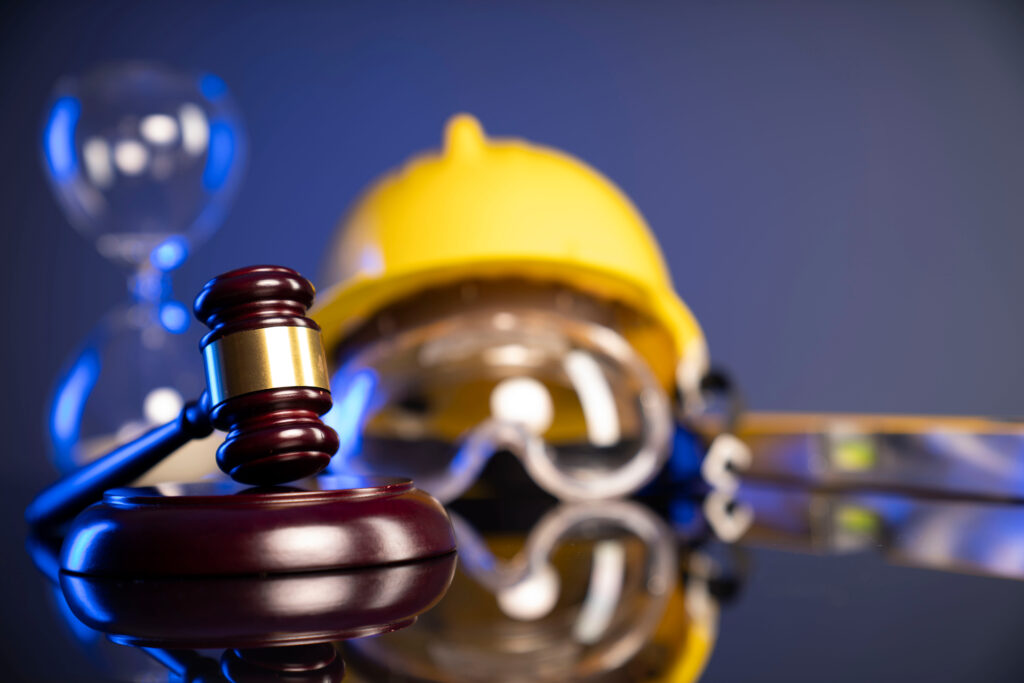
In Cagua v. Bushwick Holdings, recently decided by the Appellate Division, Second Department, the plaintiff was injured while installing a handrail on a permanent staircase. A co-worker dropped one end of the handrail, and the resulting weight pulled the plaintiff down the stairs. The Appellate Division affirmed the denial of the defendants’ cross-motion to dismiss the Labor Law § 240(1) claim, holding that the permanent nature of the staircase did not exclude the case from § 240(1) protections under these circumstances.
The court also upheld the denial of summary judgment dismissing the Labor Law § 241(6) claim. It found that 12 NYCRR 23-2.7(e) was applicable and sufficient, as it requires that “[t]he stairwells of temporary wooden stairways and of permanent stairways where enclosures or guard rails have not been erected shall be provided with a safety railing constructed and installed...on every open side.”
Although not addressed in the decision itself, the briefing clarified that the plaintiff fell down the stairs while holding one end of the handrail as a co-worker welded it in place. The plaintiff did not recall the fall. The defendant argued that, because they were installing a permanent handrail, it would have been impossible to have a temporary rail or other grab bar in place. The defendant also contended there was no evidence the plaintiff reached for a rail when he fell. While the Appellate Division did not discuss these arguments, the plaintiff maintained in opposition to summary judgment that these issues presented a question of fact.
Liability under Labor Law § 200 generally falls into two categories: (1) cases involving the manner in which the work is performed, and (2) cases where workers are injured due to dangerous or defective premises conditions. When an accident allegedly involves both premises defects and means and method issues, a defendant seeking summary judgment on a Labor Law § 200 claim must address both liability standards. The defendant must review the plaintiff's complaint and bill of particulars to identify the relevant theory or theories of liability and direct proof accordingly. The defendant is not required to accept the plaintiff’s characterization of the accident and may establish through evidence that the case falls into either or both categories.
Where a claim arises from a subcontractor’s means and methods, recovery against the owner or general contractor is only possible if the party exercised some supervisory control over the operation. If a premises condition is at issue, a property owner is liable under Labor Law § 200 if the owner created the dangerous condition or failed to remedy a dangerous or defective condition of which they had actual or constructive notice.
In Cagua v. Bushwick Holdings, the Appellate Division affirmed the dismissal of the plaintiff’s Labor Law § 200 claim. The accident resulted from the means and methods of the work rather than a premises condition. The defendants demonstrated that they did not exercise supervisory authority over the means and methods of the plaintiff’s work, and the plaintiff failed to rebut this showing. Accordingly, the trial court properly dismissed the § 200 claim.